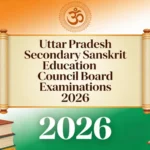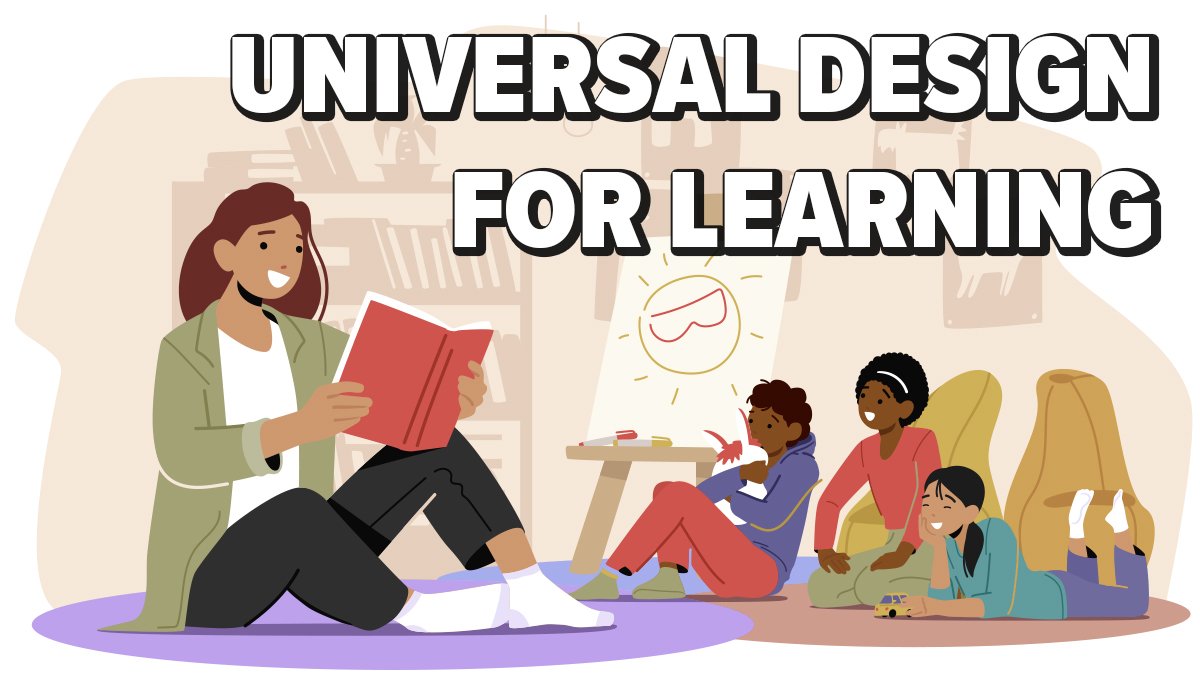Arguably the most revered figure in India as a Father of the Nation, Mahatma Gandhi is known for his non-violent struggle for independence. However, his contribution to the education field involved the propounding of an educational philosophy suited for the present transformations in society. Gandhi felt that education must include the body, spirit, and intellect. His view on education extended beyond basic literacy towards an all-encompassing process by which the individual developed moral values, self-reliant skills, and the spirit of social responsibility. Thus, this article looks into Gandhi’s educational philosophy with its major tenets and the application of this philosophy in currently used educational practices.
The True Meaning of Education
It may be said that for Gandhi, education meant more than putting knowledge into books; rather, for him, true education meant the all-around development of an individual-his physical, mental, and spiritual faculties. He said, with fame, that “By education, I mean an all-round drawing of the best in child and man-body, mind and spirit.” This all-around view of education linked with the traditional methods of rotting could adapt itself into a proper system and thus give room for more learning.
Beyond Literacy: Real-Life Education
Gandhi critiqued an education system that understood learning as synonymous with literacy alone. For him reading and writing were means, not end goals. Real education meant that a person could face the conditions of life with wisdom and love. Real education should develop the ability to think critically, solve problems, and have a sense of responsibility towards one’s community.
Nai Talim: The Concept of Basic Education
Nai Talim (or Basic Education), introduced by Gandhi in 1937, is an important concept in his educational philosophy. Nai Talim emphasized academic learning combined with productive manual work. Spinning and weaving and agricultural projects were made integral parts of the curriculum to support self-reliance and promote the dignity of labor. Gandhi envisaged schools to be self-sustaining blocks, through which children would learn vocational skills along with intellectual and moral development.
Holistic Development: Body, Mind, and Spirit
The objective of Gandhi’s educational endeavors was to train the body, mind, and spirit in a symbiotic manner. The physical development of the students was encouraged through gardening or engaging them in some form of crafts. Another avenue for mental growth was through academic studies and critical thinking. Spiritual growth, on the other hand, was nurtured through the practice of virtues such as truth, non-violence, and self-discipline. The purpose of this holistic approach to education was to mold an individual into a complete being capable of doing good in society.
Character Building: The Heart of Education
Character building was the ultimate goal of education for Gandhi. Therefore, he believed that education should develop the values of truth, courage, compassion, and self-control in an individual. He defined that “the end of all knowledge must be building up character.” Gandhi stressed that genuine education must articulate virtue in students that requires them to lead an upright life based on justice and compassion.
Self-Sufficiency and Economic Independence
It is clear that Gandhi’s experimental education was not only thorough but also comprehensive, education in all aspects of one’s life. Another dimension of Gandhi’s education was self-sufficiency. It integrated schools through vocational training into the curriculums, such as in-between gaining practical skills for future livelihoods. This aspect of education aimed towards minimizing the economic gap through self-reliance as an individual in contributing later to the nation’s economic progress.
The Medium of Instruction: Mother Tongue
A school of thought that is eminently matched by Dr. Gandhi has been highly vocal in terms of endorsing linguistic diversity. He pronounced the use of the mother tongue as the medium for teaching in schools and believed that a child learns a language better when it is spoken in communion with his family and village people because the language courses are high in culture roots as well as understanding. This democratized education such that it brought all and sundry into its realm, so that children from left-out classes of society also studied other subjects at school with children belonging to the well-off sections.
Education as a Tool for Social Change
Gandhi felt that education was going to be the greatest method for social reform. He thought that it should remove social evils such as untouchability. Education should promote fraternity and free communities. Education should also empower community people left outside the social structure such as rural, tribal, and backward communities. Gandhi said that education must nurture brotherhood and equality among the pupils; thus, the foundation for a just and inclusive society would be laid.
Core Values: Non-Violence and Truth
Ahimsa and Satya were, for Gandhi, the two basic principles of his philosophy, and he strongly believed that these values ought to permeate the educational system. The schools, for him, should be a place where children learn to resolve all conflicts peacefully and uphold truth in every walk of life.
Relevance in Contemporary Education
In this 21st century, Gandhi’s educational philosophy acquires relevance. As societies are faced with increasing stress, competition, and social inequalities, the vision shows the way for more humane and inclusive forms of education. Vocational training within the present curriculum will address unemployment; moral education will develop a generation of empathetic, responsible citizens.
Conclusion
Mahatma Gandhi’s educational philosophy was indeed a beacon, not only to a sort of learning that is wholesome and directed to the progress of society but also for a means to science that went far beyond excellence in examinations. He envisaged an education that is balanced with character-building, skills in practical consciousness, and a sense of service.” Today, with technology and competition eclipsing other spheres of human effort, the very tenets espoused by Gandhi could become a platform for nurturing humane and equitable education. Even with the world changing, Gandhi’s ideals have always had relevance and continue to impart a life force for educators who feel that they cannot mold just the brain but must also respond to nurturing the heart.
Also Read: CBSEtak.org : A Comprehensive Guide












Деятельность в области недропользования — это совокупность процессов, связанный с разработкой подземных богатств.
Оно включает поиск полезных ископаемых и их дальнейшую переработку.
Эта отрасль регулируется установленными правилами, направленными на охрану окружающей среды.
Ответственное ведение работ в недропользовании обеспечивает устойчивое развитие.
оэрн